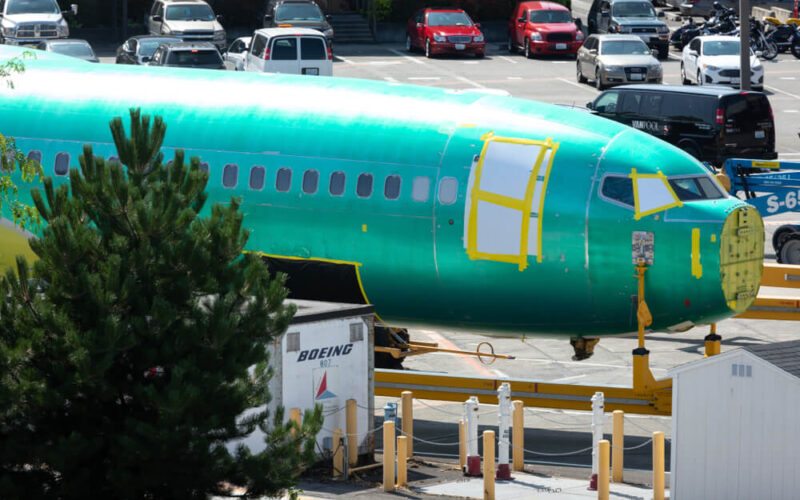The European Union Aviation Safety Agency (EASA) has started test flights of the Boeing 737 MAX. The agency is already the third authority to conduct a series of tests on the aircraft, following the Federal Aviation Administration (FAA) and Transport Canada. The test findings of European regulator will have a very significant value in 737 MAXs recertification process as a number of European air carriers have the grounded 737 MAXs in their fleet.
A 737 MAX has flown to Vancouver to perform a set of test flights scheduled by the EASA. The aircraft, registered as N7201S, departed from Seattle’s Boeing Field (BFI) at 08:11 on September 8, 2020 and landed in Vancouver (YVR) at 08:41 on the same day, as recorded by FlightRadar24.com.
The same aircraft has already performed a set of flights for the Canadian authority’s review from August 27, 2020 as well as completed the FAA’s tests on June 1, 2020.
During the latest EASA’s test flight, numbered as BOE701, which lasted for 30 minutes, the aircraft climbed up to 15,600 ft and reached a maximum ground speed of 357 knots just as the descent started.
According to EASA, Boeing had to make some changes in the 737 MAX design and it was a prerequisite for getting The European authority approval for recertification. However, the European regulator stated that the “overall maturity of the redesign process is now sufficient to proceed to flight tests,” announced the authority in a press release on August 27, 2020.
After completing flight tests in Vancouver, EASA will also take part in the Joint Operations Evaluation Board (JOEB) to convene at London Gatwick Airport (LGW) on September 14, 2020. The JOEB is a group of international aviation authorities and representatives of commercial pilots who are tasked to look at the training requirements for the updated 737 MAX.
EASA has not specified when it will make the final recommendations for the Boeing 737 MAX.

